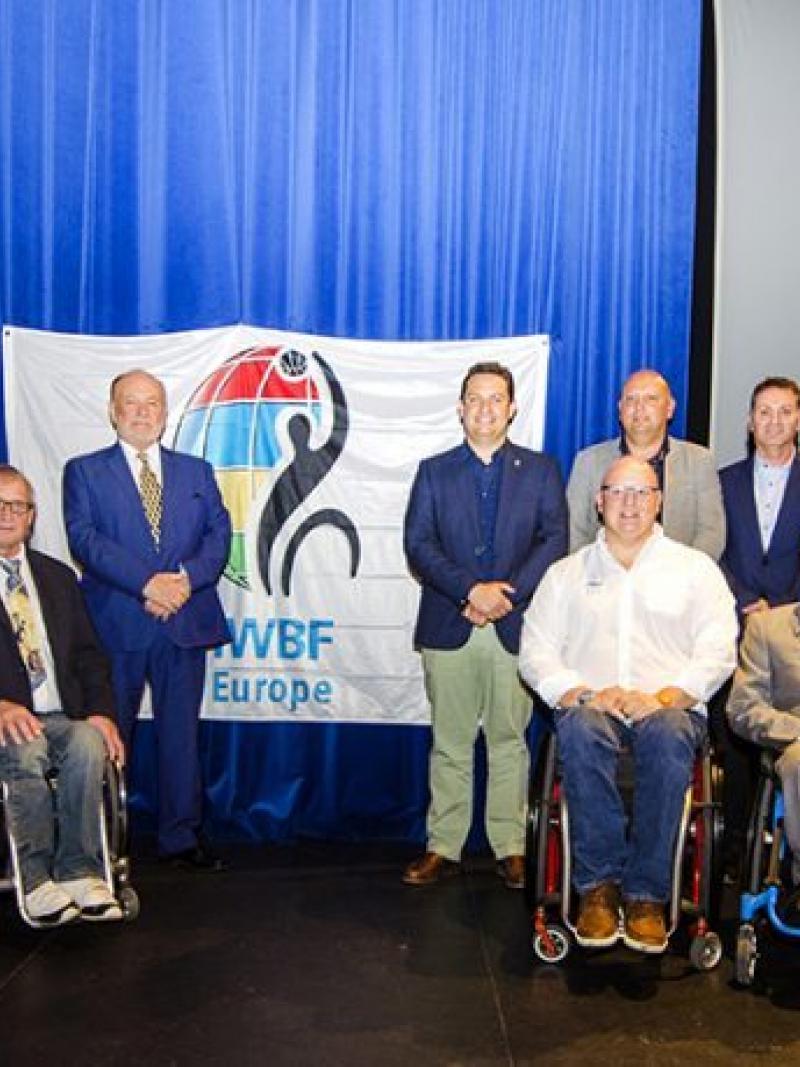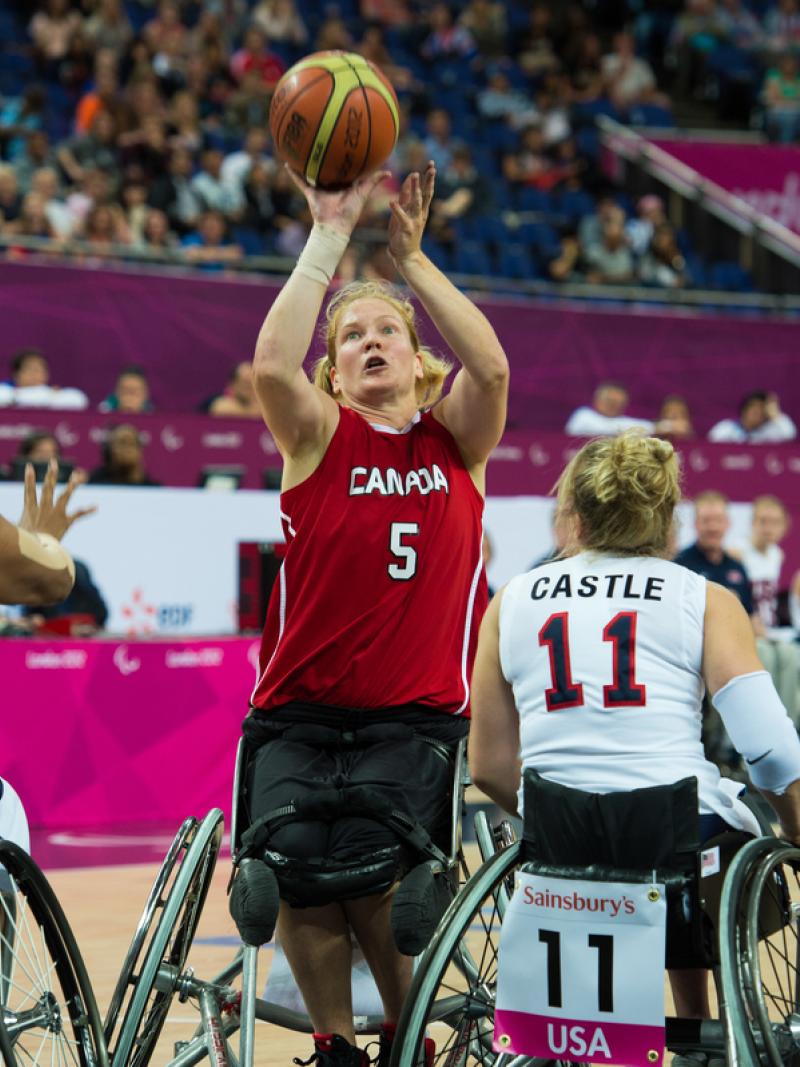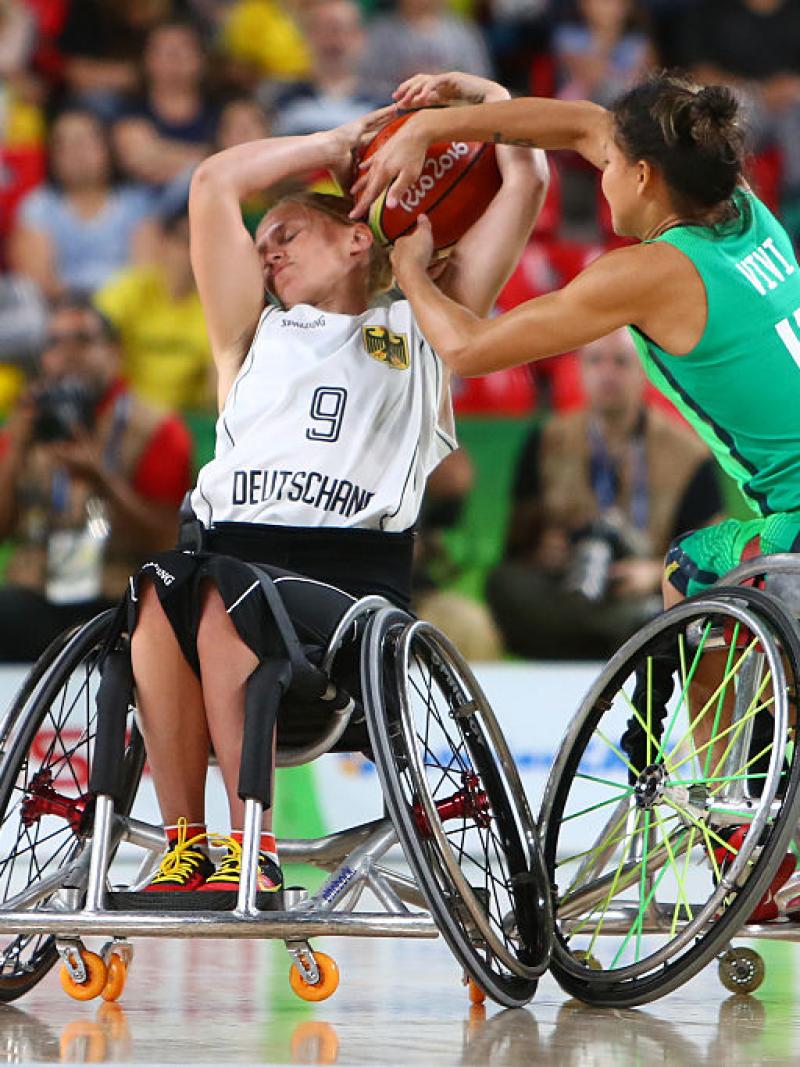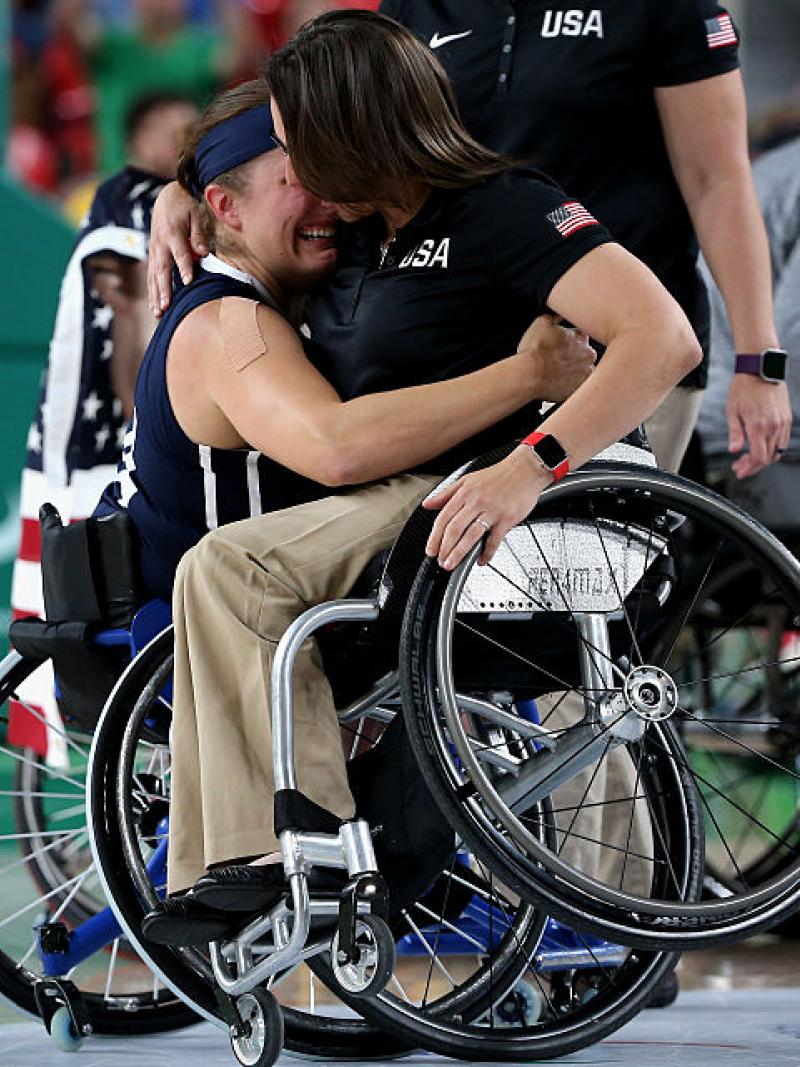Oikawa aims to turn Japan into Tokyo 2020 medal contender
The men’s wheelchair basketball head coach knows his team has podium potential but also aware of the uphill battle they face. 27 Mar 2017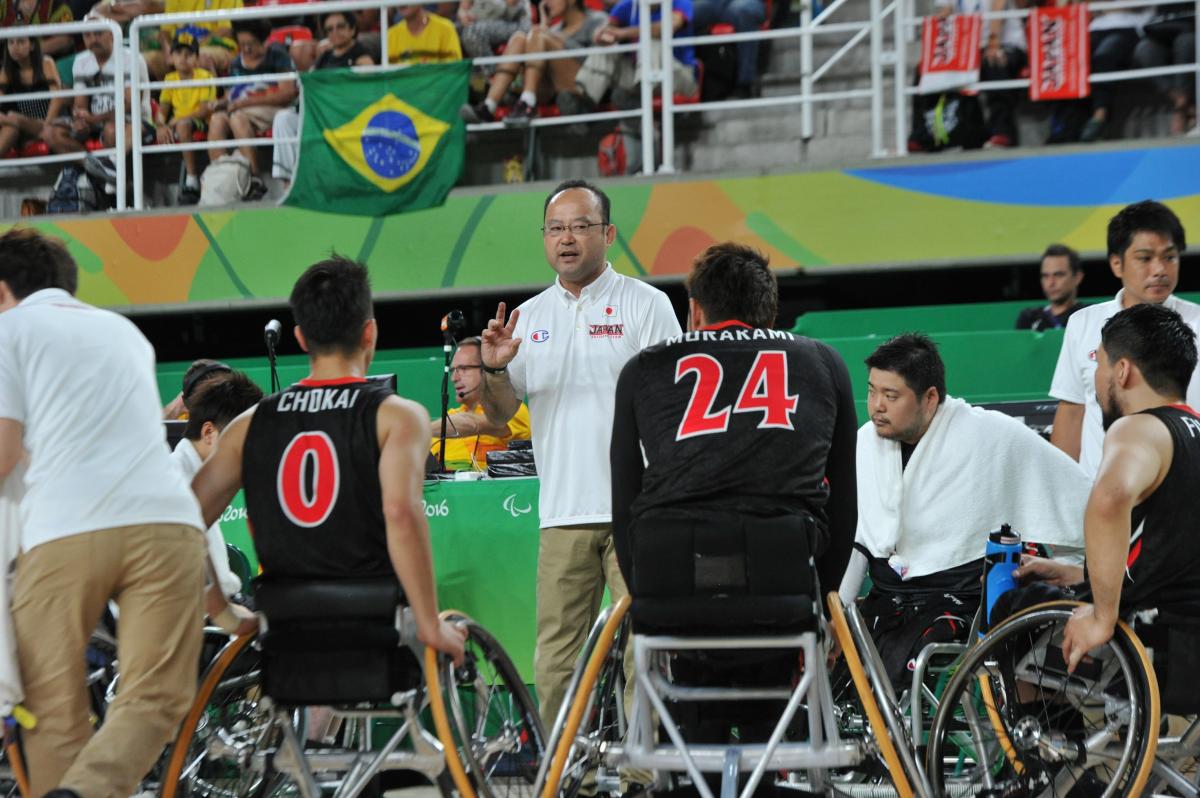
Shimpei Oikawa is the head coach of Japan's men's wheelchair basketball team
“One of our strengths is our speed and quickness. I see the potential for this to make us better ..."
Shimpei Oikawa is aiming to lead the Japan men’s wheelchair basketball team to their first ever Paralympic medal in their home Games at Tokyo 2020. But the head coach knows there is plenty of work needed until then.
“To build a team that is at a competitive level in the world is not easy at all especially for the Japanese team, who do not have the physical advantages such as the height and size of players in other countries,” Oikawa said. “It will certainly take a long period of time to develop our basketball.”
Japan finished ninth at Rio 2016, the same outcome as in London 2012. But Shimpei knows the areas where the team needs to develop to get to the next stage.
“I continue to be head coach because I believe that we have taken the right steps and we must keep following them in order to reach the top level in the world for Tokyo 2020,” Oikawa said. “One of our strengths is our speed and quickness. I see the potential for this to make us better and be able to compete at the top level if we use it right.”
More and more Japanese players are also playing in the European Leagues. In Oikawa’s opinion there are both advantages and disadvantages to this. One benefit from playing in Europe is giving Japanese players more experience to play at a competitive level against some of the best players in the world, which would not be possible in Japan.
“This makes players improve their individual performance a lot as well as strengthening the national team,” he said. “The experience also gives the players something very special which they don’t usually get like making friends from different countries and getting to know different cultures.
“On the other side top Japanese players who are going to Europe could cause for their club teams they used to belong to in Japan to weaken.”
His experience in – as player as well as coach – is part of the key in leading the men’s team to Paralympic history. Oikawa was on the Japanese national men’s team in 2000, competing at the Paralympics in Sydney, Australia. He also competed at the World Championship 2002 in Kitakyushu, Japan; as well as the 1998 World Championships (Gold Cup) in Sydney. From 2010 to 2012 he became the assistant coach for the men’s national team – supporting the team at the London 2012 Paralympics Games before he became head coach later that year.
Oikawa attentively follows the developments of wheelchair basketball in Japan. At the moment there are about 650 players and 73 teams registered to the federation, including eight women’s teams. He can see the sport growing.
“Last year at the Paralympics in Rio there was so much TV coverage, interviews and advertising related to wheelchair basketball in Japan,” Oikawa said. “This has made our environment much better than ever before, for example there have been big sponsors for the teams, we can use better facilities for our training and we have many more supporters from different areas. I believe that we now have a huge chance to make us move in the right direction.”





